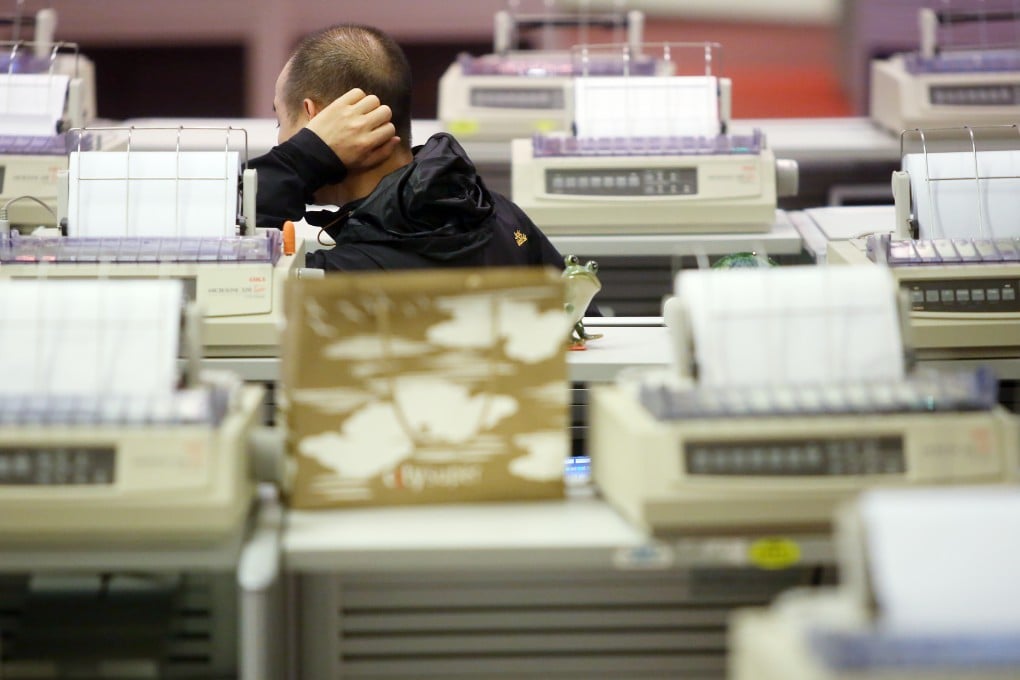Live | Hong Kong markets close - first day of Year of the Monkey gives nasty bite as stocks lead Asian losses
Charles Li Xiaojia, chief executive of HKEx, said the stock connect between Hong Kong and Shenzhen will be launched when the market turns more stable

Welcome to the SCMP’s live Hong Kong and China markets. The intense volatility in Chinese markets in 2016 due to the implementation of the circuit breaker roiled world financial markets, with the recent global equity market sell-off sparking further volatility. Investors are increasingly focused on the broader question of how this episode might affect the wider economy of China. We’ll bring you the key levels, trading statements, price action and other developments as they happen.
4:23pm: Laura He
Hong Kong's Hang Seng Index closed down 3.85 per cent or 742.37 points at 18,545.80. The index suffered its worst loss to start a lunar new year since 1994.
The Hang Seng China Enterprises index, or the H-shares index, was off 4.93 per cent or 396.95 points to finish at 7,657.92.
Below is the one-day chart for Hong Kong stock market: Hang Seng Index (yellow), H-share index (purple). The percentage at the end shows the difference from the opening, not the previous close. Click to enlarge the chart.
Read more: Hong Kong stocks suffer worst Chinese New Year debut since 1994
3:13pm: Laura He